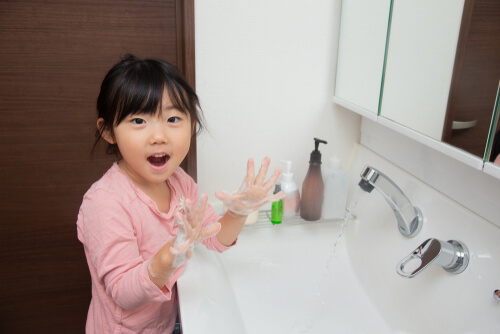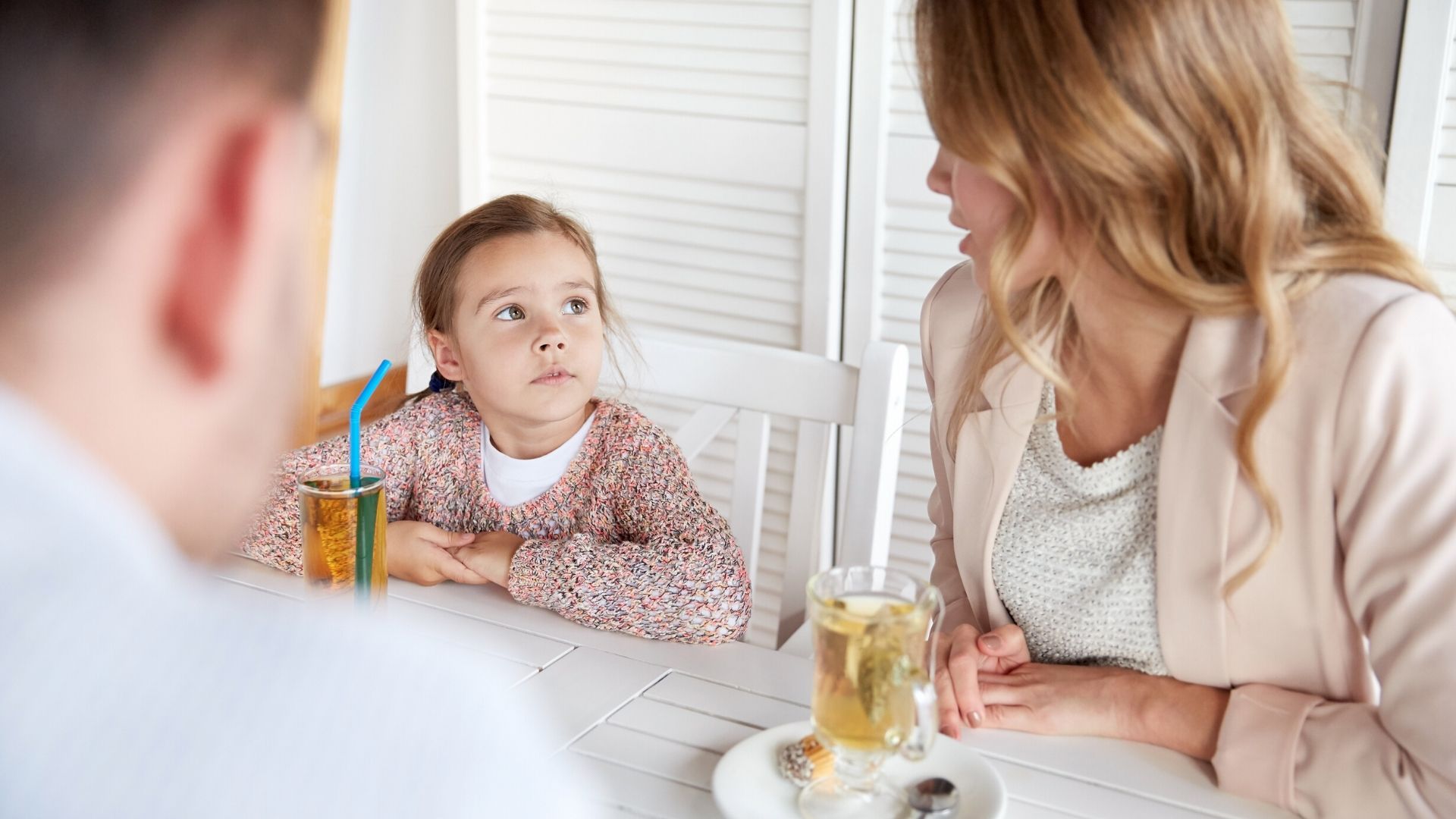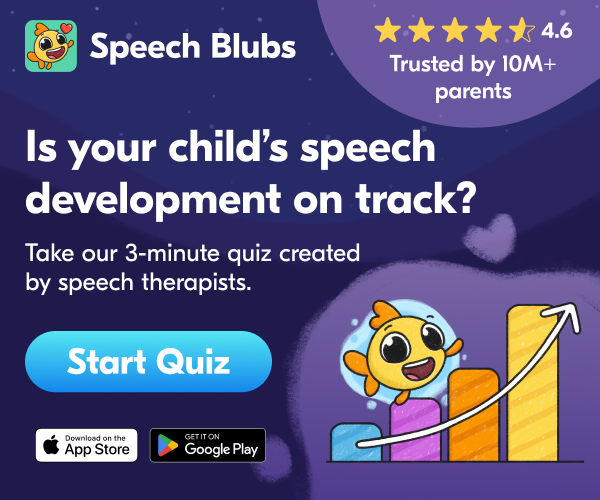How to Talk to Kids About Coronavirus
Children may also start asking questions about the pandemic and may exhibit emotional responses to the virus.
Parents, school officials, family members, and even other trusted adults play a vital role in the explanation and reassurance of children and teens during this difficult time. It’s also important to discuss safety and health suggestions that are circulating so children know how to best protect themselves and others.
Staying at home? Explore engaging speech activities!
1. Remain calm and reassuring
This can be difficult, even for adults, during something so stressful and alarming. Remember – some children don’t have the ability to rationalize and understand what is happening. If parents remain calm, that will insert a level of calmness in the children, which will resonate to others. Kids pick up on everything, including our reactions!
2. Make yourself available and ready to listen
Take time to talk to your children. Turn off the TV, limit cell phone use, and ask them if they have any questions. Reiterate that they can come and talk to you and voice any concerns that they have. If you don’t know an answer to a question, tell them that you will look into it and get back to them.
3. Avoid language that might blame others or lead to a social stigma
The world needs to stick together during difficult times. Remember that viruses can make anyone sick, regardless of a person’s race or ethnicity. Avoid making assumptions about who might have COVID-19.
4. Provide information that is honest and accurate
Give children information that is truthful and appropriate for the age and developmental level of the child. What is ok for one child, might not make sense or be appropriate for another. Talk to children about how some stories on COVID-19 on the Internet and social media may be based on rumors and inaccurate information. If necessary, provide actual examples.
5. Teach children how germs are spread on a day-to-day basis
This is so important because we know that’s how diseases and illness are stopped!
https://www.youtube.com/watch?v=yxonJTWhBJQ
Here is a great video to help you explain how germs spread for children.
Remind children to stay away from people who are coughing or sneezing or sick. That also means no hugging or kissing!
Remind them to cough or sneeze into a tissue or their elbow, then throw the tissue into the trash. This is hard for younger children to grasp, but still try and model good behaviors and remind them whenever they cough or sneeze. Praise them if they are able to sneeze into their elbow or tissue.
Discuss any new actions that may be taken at school to help protect children and school staff. (e.g. increased handwashing, cancellation of events or activities).

Get children into the handwashing habit. Teach them to wash their hands with soap and water for at least 20 seconds, especially after blowing their nose, coughing, or sneezing; going to the bathroom; and before eating or preparing food. We tell our daughter to say her ABC’s or sing “Happy Birthday” before she washes the soap off.
If soap and water are not available, teach them to use hand sanitizer. Hand sanitizer should contain at least 60% alcohol to kill germs. Supervise young children when they use hand sanitizer to prevent swallowing alcohol, especially in schools and childcare facilities!
The CDC has released a parent pamphlet that talks about the best way to discuss coronavirus with your children. It talks about the suggestions that I mentioned and goes into more detail about the Coronavirus specifically.
Older children may have specific questions about how the coronavirus pandemic started and the facts regarding it, so I’d take a look at this document and be prepared to show them some of the facts!
 By Stacie Bennett
By Stacie Bennett

